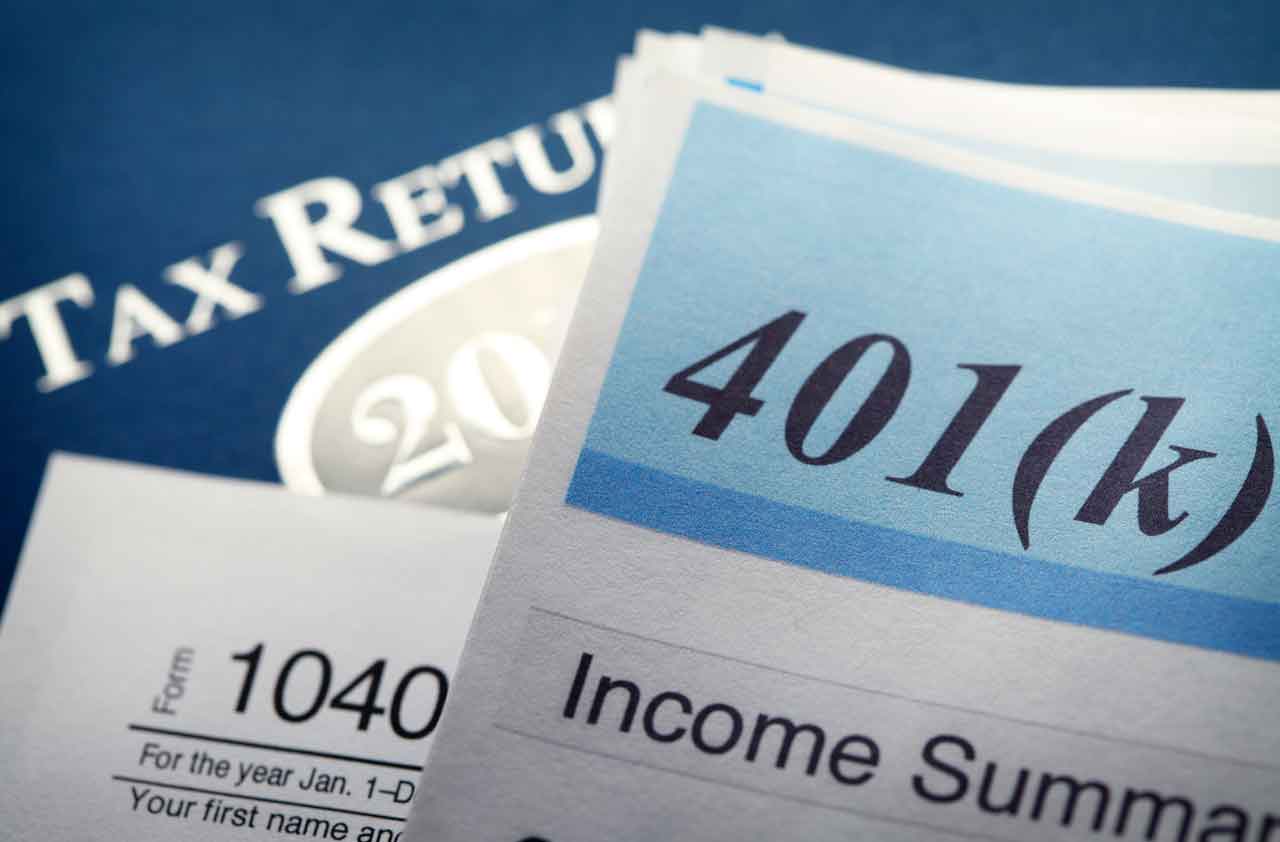What to Do When Your Broker Goes Rogue
If contacting the broker's superiors doesn't produce resolution, you could try escalating your complaint to FINRA or the SEC.


Profit and prosper with the best of Kiplinger's advice on investing, taxes, retirement, personal finance and much more. Delivered daily. Enter your email in the box and click Sign Me Up.
You are now subscribed
Your newsletter sign-up was successful
Want to add more newsletters?

Delivered daily
Kiplinger Today
Profit and prosper with the best of Kiplinger's advice on investing, taxes, retirement, personal finance and much more delivered daily. Smart money moves start here.

Sent five days a week
Kiplinger A Step Ahead
Get practical help to make better financial decisions in your everyday life, from spending to savings on top deals.

Delivered daily
Kiplinger Closing Bell
Get today's biggest financial and investing headlines delivered to your inbox every day the U.S. stock market is open.

Sent twice a week
Kiplinger Adviser Intel
Financial pros across the country share best practices and fresh tactics to preserve and grow your wealth.

Delivered weekly
Kiplinger Tax Tips
Trim your federal and state tax bills with practical tax-planning and tax-cutting strategies.

Sent twice a week
Kiplinger Retirement Tips
Your twice-a-week guide to planning and enjoying a financially secure and richly rewarding retirement

Sent bimonthly.
Kiplinger Adviser Angle
Insights for advisers, wealth managers and other financial professionals.

Sent twice a week
Kiplinger Investing Weekly
Your twice-a-week roundup of promising stocks, funds, companies and industries you should consider, ones you should avoid, and why.

Sent weekly for six weeks
Kiplinger Invest for Retirement
Your step-by-step six-part series on how to invest for retirement, from devising a successful strategy to exactly which investments to choose.
Question: My broker invested my money in a stock I had never heard of and we had never discussed. Unfortunately, I did not immediately confront him, and the stock plummeted. I assume that because I did not immediately contest the trade, I am out of luck financially. But how do I lodge a complaint?Answer:
First, contact the broker and the broker’s manager. If that doesn’t yield results, contact the compliance officer at the brokerage firm. The firm may reverse the trade and discipline the broker.
You can also submit a complaint to Finra, which regulates brokers. Finra may investigate the complaint and could take disciplinary action against the brokerage firm or broker, and you may be able to get your money back through arbitration or mediation (see www.finra.org/investors). You can also file a complaint with the Securities and Exchange Commission. The firm could reverse the trade or make a settlement offer. Customer disputes and disciplinary actions will appear on the broker’s or adviser’s record through Finra or the SEC.
From just $107.88 $24.99 for Kiplinger Personal Finance
Become a smarter, better informed investor. Subscribe from just $107.88 $24.99, plus get up to 4 Special Issues

Sign up for Kiplinger’s Free Newsletters
Profit and prosper with the best of expert advice on investing, taxes, retirement, personal finance and more - straight to your e-mail.
Profit and prosper with the best of expert advice - straight to your e-mail.
Profit and prosper with the best of Kiplinger's advice on investing, taxes, retirement, personal finance and much more. Delivered daily. Enter your email in the box and click Sign Me Up.

As the "Ask Kim" columnist for Kiplinger's Personal Finance, Lankford receives hundreds of personal finance questions from readers every month. She is the author of Rescue Your Financial Life (McGraw-Hill, 2003), The Insurance Maze: How You Can Save Money on Insurance -- and Still Get the Coverage You Need (Kaplan, 2006), Kiplinger's Ask Kim for Money Smart Solutions (Kaplan, 2007) and The Kiplinger/BBB Personal Finance Guide for Military Families. She is frequently featured as a financial expert on television and radio, including NBC's Today Show, CNN, CNBC and National Public Radio.
-
 Over 65? Here's What the New $6K Senior Bonus Deduction Means for Medicare IRMAA
Over 65? Here's What the New $6K Senior Bonus Deduction Means for Medicare IRMAATax Breaks A new deduction for people over age 65 has some thinking about Medicare premiums and MAGI strategy.
-
 U.S. Congress to End Emergency Tax Bill Over $6,000 Senior Deduction and Tip, Overtime Tax Breaks in D.C.
U.S. Congress to End Emergency Tax Bill Over $6,000 Senior Deduction and Tip, Overtime Tax Breaks in D.C.Tax Law Here's how taxpayers can amend their already-filed income tax returns amid a potentially looming legal battle on Capitol Hill.
-
 5 Investing Rules You Can Steal From Millennials
5 Investing Rules You Can Steal From MillennialsMillennials are reshaping the investing landscape. See how the tech-savvy generation is approaching capital markets – and the strategies you can take from them.
-
 It’s Not Too Late to Boost Retirement Savings for 2018
It’s Not Too Late to Boost Retirement Savings for 2018retirement Some retirement accounts will accept contributions for 2018 up until the April tax deadline.
-
 Making the Most of a Health Savings Account Once You Turn Age 65
Making the Most of a Health Savings Account Once You Turn Age 65Making Your Money Last You’ll face a stiff penalty and taxes if you tap your health savings account for non-medical expenses before the age of 65. After that, the rules change.
-
 Using a 529 Plan for High School
Using a 529 Plan for High School529 Plans You’re now able to withdraw up to $10,000 tax-free from a 529 plan each year for K-12 tuition.
-
 Reporting Charitable IRA Distributions on Tax Returns Can Be Confusing
Reporting Charitable IRA Distributions on Tax Returns Can Be ConfusingIRAs Taxpayers need to be careful when reporting charitable gifts from their IRA on their tax returns, or they may end up overpaying Uncle Sam.
-
 Ex-Workers Get More Time to Repay 401(k) Loans
Ex-Workers Get More Time to Repay 401(k) Loans401(k)s If you leave your job while you have an outstanding 401(k) loan, Uncle Sam now gives you extra time to repay it -- thanks to the new tax law.
-
 The 11 Most Valuable Personal-Finance Lessons of 2018
The 11 Most Valuable Personal-Finance Lessons of 2018Financial Planning How to reduce taxes and medical bills, help the next generation save for retirement and protect against identity theft were some of the issues on readers’ minds in 2018.
-
 The Rules for Making a Tax-Free Donation from an IRA
The Rules for Making a Tax-Free Donation from an IRAIRAs Making tax-free gifts to charity from an IRA is gaining in popularity among older investors, thanks to changes under the new tax law. Here’s what you need to know to make a qualified charitable distribution.
-
 New Rules on Capital Gains
New Rules on Capital Gainsinvesting Rates didn’t change, but they’re pegged to your income instead of your tax bracket.